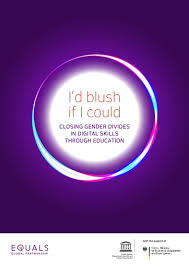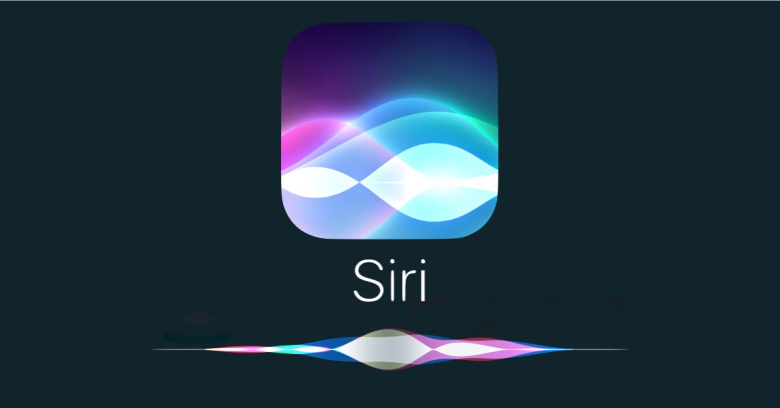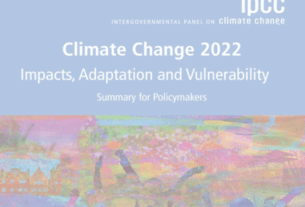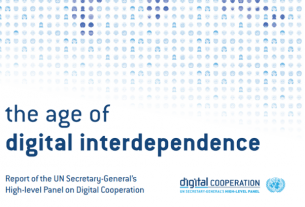I’d blush if I could: closing gender divides in digital skills through education is the name of a new much-touted UNESCO report published in May 2019. It was written in collaboration with the EQUALS Skills Coalition, a partnership of governments and organizations dedicated to promoting gender balance in the technology sector by championing equality of access, skills and leadership for women and men alike
There is a story behind the name: when Siri, the female-gendered voice assistant, was called a b$%%H by her human users, she responded ‘I’d blush if I could.’ After this was recognized by its creators, they changed it in 2019 to respond ‘I don’t know how to respond to that’. As the report points out, the assistant’s submissiveness in the face of gender abuse remains unchanged since the technology’s wide release in 2019.
When Siri, the female-gendered voice assistant, was called a b$%%H by ‘her’ human users, ‘she’ responded ‘I’d blush if I could.’
As the report stated ” Siri’s ‘female’ obsequiousness – and the servility expressed by so many other digital assistants projected as young women – provides a powerful illustration of gender biases coded into technology products, pervasive in the technology sector and apparent in digital skills education.”

The report is divided into three major sections:
The POLICY PAPER, which outlines the persistence and severity of the digital skills gender gap, provides a rationale for interventions, and makes recommendations to help women and girls develop strong digital skills through education.
THINK PIECE 1 which explains the ICT gender equality paradox, UNESCO’s finding that countries with the highest levels of gender equality such as those in Europe also have the lowest proportions of women pursuing advanced degrees in computer science and related subjects. Conversely, countries with low levels of gender equality such as those in the Arab region have the highest proportions of women completing advanced technology degrees.
THINK PIECE 2 examines how AI voice assistants projected as young women perpetuate harmful gender biases. It offers recommendations to ensure that the continued proliferation of digital assistants does not widen gender divides.
It’s final recommendations are for closing the digital skills gender gap:
- ADOPT SUSTAINED, VARIED AND LIFE-WIDE APPROACHES
- ESTABLISH INCENTIVES, TARGETS AND QUOTAS
- EMBED ICT IN FORMAL EDUCATION
- SUPPORT ENGAGING EXPERIENCES
- EMPHASIZE MEANINGFUL USE AND TANGIBLE BENEFITS
- ENCOURAGE COLLABORATIVE AND PEER LEARNING
- CREATE SAFE SPACES AND MEET WOMEN WHERE THEY ARE
- EXAMINE EXCLUSIONARY PRACTICES AND LANGUAGE
- RECRUIT AND TRAIN GENDER-SENSITIVE TEACHERS
- PROMOTE ROLE MODELS AND MENTORS BRING PARENTS ON BOARD
- LEVERAGE COMMUNITY CONNECTIONS AND RECRUIT ALLIES
- SUPPORT TECHNOLOGY AUTONOMY AND WOMEN’S DIGITAL RIGHTS
- USE UNIVERSAL SERVICE AND ACCESS FUNDS
- COLLECT AND USE DATA, AND SET ACTIONABLE INDICATORS AND TARGET



